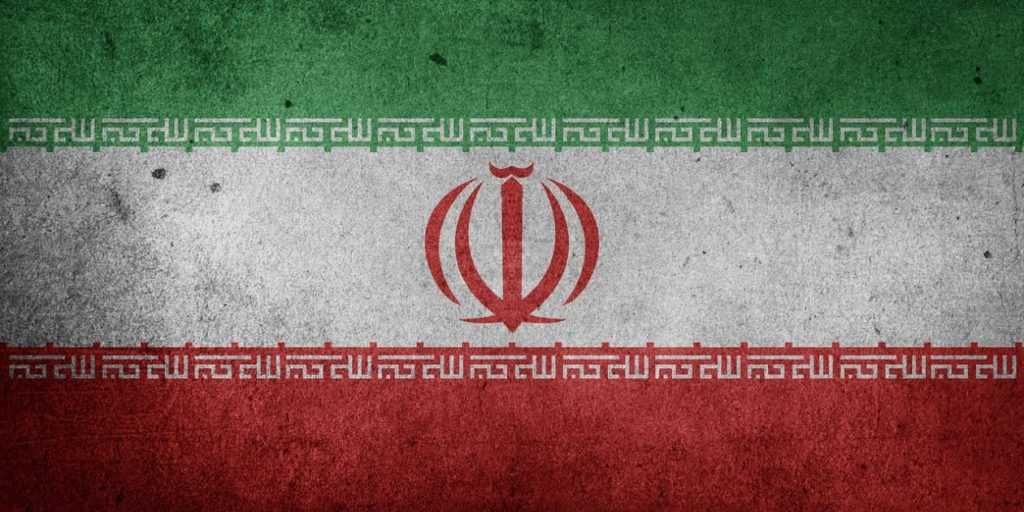Secret Ransom Payment Is More Evidence of the Enormous Fraud of the Iran Deal

The Wall Street Journal is reporting today that the United States secretly sent $400 million in cash on an unmarked cargo plane to Iran on January 17, 2016, to facilitate a swap that day of five innocent Americans held by Iran for seven Iranian criminals held by the U.S. Fourteen additional Iranians were removed from an INTERPOL wanted list as another part of this arrangement.
The prisoner swap was announced on the Iran deal’s Implementation Day (January 16) — when most sanctions were lifted from Iran and it received $150 billion in sanctions relief after the IAEA certified that Tehran had complied with certain requirements of the nuclear deal.
Obama officials have denied that the $400 million was a ransom payment. Instead, they say it was the first installment of an American payment to resolve a dispute over a pre-1979 arms deal with the Shah’s government.
According to the Journal article, the U.S. sent Iran wooden pallets of euros, Swiss francs, and other currencies because U.S. transactions with Iran in dollars are illegal under American law. Obama officials are asserting that the timing of the cash shipment to Iran was coincidental and that the negotiations to convince Iran to free the U.S. prisoners “were completely separate” from the nuclear talks.
If this is true, why the secrecy surrounding the cash shipment to Iran? Why did Obama fail to disclose this shipment to the American people or Congress?
I am concerned that the negotiations to free the U.S. prisoners and the ransom payment were deliberately structured by the Obama administration so that it could avoid briefing Congress before it voted on the Iran deal. Under the Corker-Cardin Act (the Iran Nuclear Agreement Review Act of 2015), the Obama administration was required to provide to Congress for a congressional review of the Iran deal:
any additional materials related thereto, including annexes, appendices, codicils, side agreements, implementing materials, documents, and guidance, technical or other understandings, and any related agreements, whether entered into or implemented prior to the agreement or to be entered into or implemented in the future.
Given the negotiating record of the nuclear talks, it is impossible to believe there was no link between the Iran deal and the release of the American prisoners. More likely, the Obama administration desperately wanted Iran to release the Americans as part of the nuclear agreement but Tehran refused until sanctions were lifted and it received a large ransom payment.
This is not the first time the Obama administration has paid ransom to Iran. It paid $500,000 each to free American hikers captured by Iran in 2011 through the government of Oman.
As I explain in my new book, Obamabomb: A Dangerous and Growing National Security Fraud, the nuclear deal with Iran and the Obama administration’s defense of it are rife with deceptions and outright lies. Contrary to Obama-administration claims, the timeline to an Iranian nuclear bomb will shorten — not lengthen — because of this deal. The agreement also has very weak verification provisions. We also know from a May 5, 2016, New York Times profile of national-security adviser Ben Rhodes that he manipulated journalists by giving them false narratives intended to promote President Obama’s nuclear diplomacy with Iran.
Last month, the Obama administration celebrated the one-year anniversary of the nuclear deal by claiming that Iran has fully complied with the agreement. There is compelling evidence this is false and that Iran has been engaged in massive cheating. In addition, contrary to assurances by President Obama and Secretary of State Kerry that the nuclear agreement would improve U.S.–Iran relations and help bring Iran into the community of nations, Iran’s behavior has worsened and our relationship with the mullahs has weakened since the nuclear deal was announced.
Meanwhile, Iranian officials are complaining that the nuclear deal has not been generous enough to Iran. Further, the White House has been so active in encouraging U.S. and international firms to do business in Iran that leading members of Congress have accused the Obama administration of being Iran’s global “lobbying shop.”
So what should the next president do about the fraudulent nuclear deal with Iran? In an NRO article in July, I argued that the best option would be to tear it up and start over, following these ten principles:
- Iran must cease all uranium enrichment and uranium-enrichment research.
- Iran cannot have a heavy-water reactor or a plant to produce heavy water.
- Robust verification, including allowing “anytime, anywhere” inspections by IAEA inspectors of all declared and suspect nuclear sites.
- Iran must fully and truthfully answer all questions about its prior nuclear-weapons-related work.
- Iran must curtail and agree to limitations on its ballistic-missile program.
- Lift sanctions in stages in response to Iranian compliance with the agreement.
- Iran must agree to end its meddling in regional conflicts and its sponsorship of terror.
- Threats by Iran to ships in the Persian Gulf, U.S. naval vessels, and American troops must cease.
- Iran must cease its hostility toward Israel.
- Iran must release all U.S. prisoners.
Hillary Clinton is certain to ignore this advice — she owns this nuclear agreement as much as President Obama does. Donald Trump has repeatedly attacked the Iran deal but says he wants to renegotiate a better one. That’s a better path forward.
- The Iran nuclear negotiations: Why the humpty dumpty JCPOA should not be renewed - December 7, 2021
- Time to end diplomacy with Iran and admit Trump was right - December 3, 2021
- The US should walk out of the Iran nuclear talks - November 30, 2021
